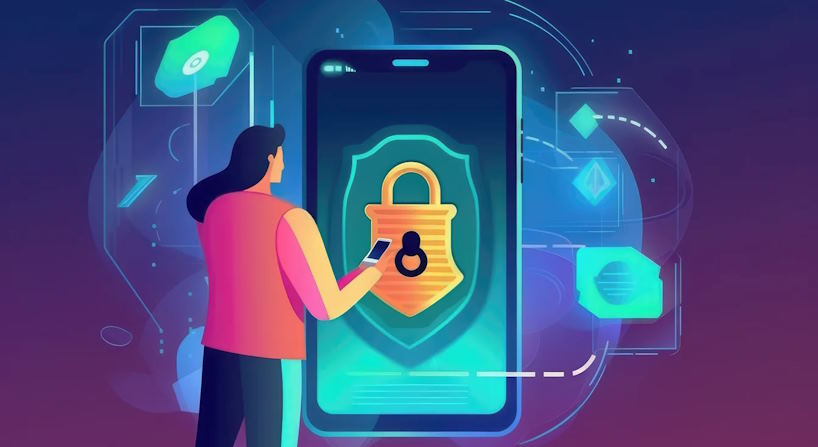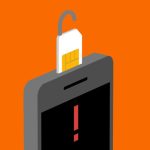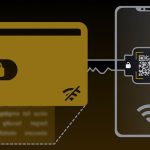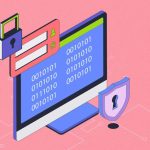Among the various methods employed to safeguard these assets, cold wallets, designed for offline storage, have gained popularity for their robust protection against online threats. However, as users seek convenient access to their cold wallets, a new set of challenges arises.
Unsecured Devices and Their Risks
In the realm of cryptocurrency security, the term “unsecured devices” refers to electronic devices that lack adequate protection against external threats, making them susceptible to compromise. Examples of such devices include public computers, shared laptops, and compromised smartphones—essentially, any device that doesn’t adhere to stringent security measures.
These unsecured devices pose a myriad of risks when used to access cold wallets, the primary concern being the potential exposure to malware and viruses. Malicious software can clandestinely infiltrate the device, compromising the integrity of the cold wallet and jeopardizing the safety of stored cryptocurrencies.
Moreover, the risk of keyloggers capturing sensitive information adds another layer of vulnerability. Keyloggers have the capability to record every keystroke made on a device, including passwords or private keys entered during cold wallet access. This information can then be exploited by malicious actors to gain unauthorized access to the cold wallet and subsequently the stored digital assets.
Additionally, the possibility of unauthorized access by third parties is a significant concern. Unsecured devices, especially those in public spaces, may be more susceptible to physical tampering or remote access by cybercriminals. This opens the door to potential theft or compromise of sensitive cryptocurrency information, emphasizing the critical need for users to exercise caution and prioritize secure access methods when interacting with their cold wallets.
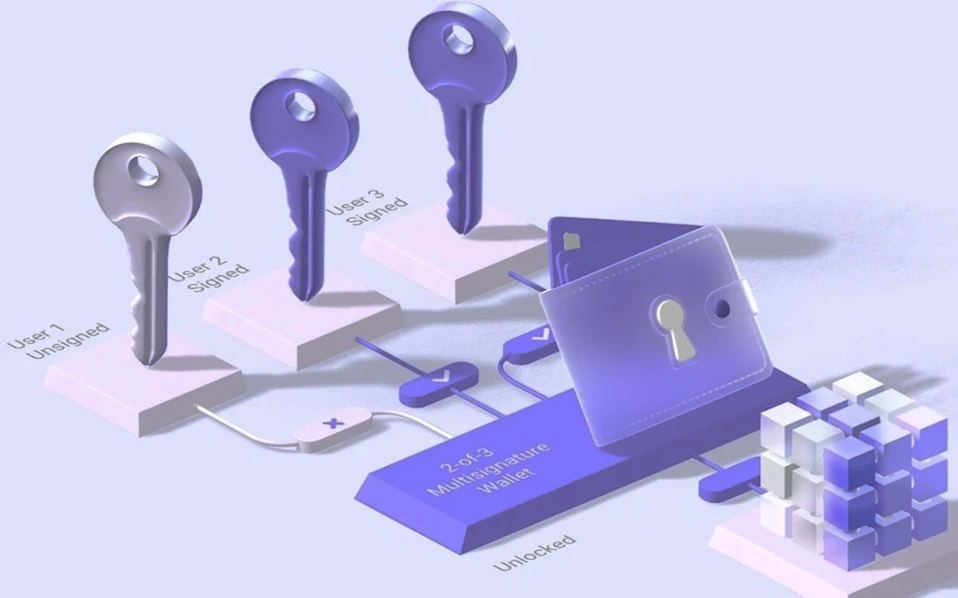
Educating Users
In the dynamic landscape of cryptocurrency, fostering awareness regarding device security is paramount to safeguarding digital assets. Users must recognize the critical role their devices play in the overall security of their cryptocurrency holdings. Understanding the potential risks associated with unsecured devices and the need for vigilance sets the foundation for a secure crypto experience.
To empower users in navigating this complex space, providing accessible resources and clear guidelines is essential. Educating users on the best practices for securing their devices, such as utilizing dedicated hardware and employing robust authentication methods, ensures that they are equipped with the knowledge to make informed decisions. Cryptocurrency enthusiasts can benefit from online tutorials, guides, and educational content tailored to enhance their understanding of device security.
Beyond individual efforts, fostering a culture of cybersecurity within the broader cryptocurrency community is crucial. Communities play a pivotal role in shaping user behavior and promoting responsible practices. Encouraging open discussions about security challenges, sharing experiences, and collectively working towards safer crypto practices can create a robust environment where users are not only informed but actively contribute to the overall security posture of the community. As the cryptocurrency ecosystem continues to evolve, education remains a powerful tool in fortifying the defenses against emerging threats and ensuring a secure digital future.
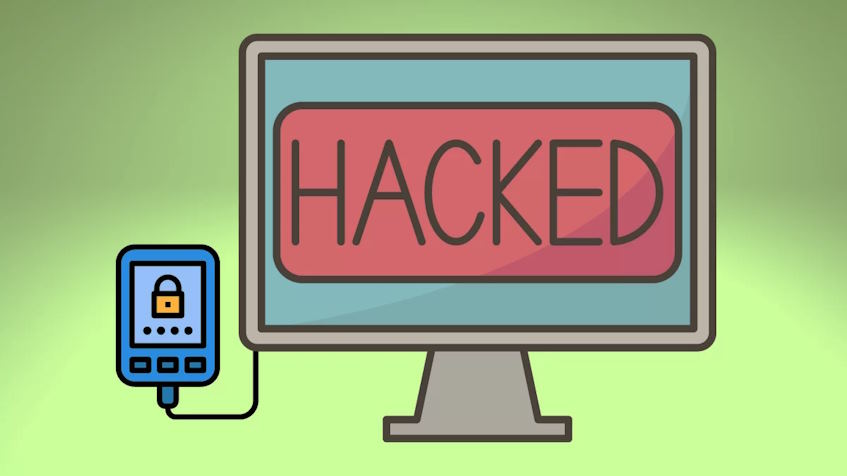
Regulatory Considerations
Current regulations regarding cryptocurrency security vary globally, with some jurisdictions implementing stringent measures to protect users and their digital assets. It is essential for participants in the crypto space to stay abreast of these regulations, ensuring compliance with the legal standards set forth by their respective authorities.
Negligent handling of cold wallets can have severe legal consequences, emphasizing the importance of adhering to regulatory guidelines. Users who fail to implement adequate security measures may find themselves subject to legal scrutiny, potentially facing penalties or legal action for compromising the integrity of their digital assets.
Regulatory bodies, ranging from financial authorities to cybersecurity agencies, actively contribute to enforcing security measures within the cryptocurrency space. They play a crucial role in monitoring and regulating the practices of exchanges, wallet providers, and other entities involved in the crypto ecosystem. By establishing and enforcing standards for security protocols, regulatory bodies aim to create a safer environment for users to engage in cryptocurrency transactions. As the regulatory landscape continues to evolve, participants must remain vigilant, adapting their practices to align with emerging standards and ensuring the continued security of the digital assets under their control.
